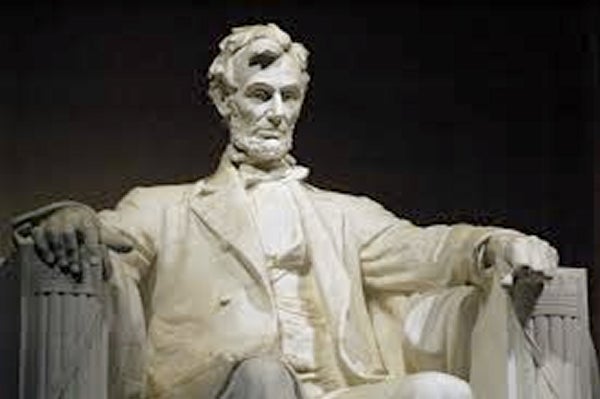Lincoln: Declaration gave ‘hope to all the world’
Published 12:00 am Tuesday, July 4, 2017

- The Lincoln Memorial
In the push and pull of U.S. history, one of the great debates has concerned the relative merits of the Declaration and the Constitution. Are these two voices at odds? Was the nation founded with the signing of the Declaration or with the ratification of the Constitution? Which document is preeminent today?
America’s most influential interpreter of the Declaration of Independence was Abraham Lincoln, who held forth on it repeatedly. Angered by Massachusetts Sen. Rufus Choate’s characterization of the Declaration as so many “glittering … generalities,” Lincoln mounted a three-pronged defense. First, he reimagined the Declaration not as a practical declaration of war but as a lofty political manifesto. Second, he made equality this manifesto’s central theme. Third, he made this theme the guiding light of American life and law, preeminent over even the Constitution itself.
In impromptu remarks delivered in Philadelphia’s Independence Hall in 1861, just days before his inauguration, Lincoln called the Declaration of Indepence his political creed.
“I have never had a feeling, politicaly, that did not spring from the sentiments embodied in the Declaration of Independence,” he said. The real American revolution was “not the mere matter of separation of the colonies from the motherland, but that sentiment in the Declaration of Independence which gave liberty not one to the people of this country, but hope to all the world, for all future time … that all should have an equal chance.”
— Stephen Prothero
“The American Bible: How Our Words Unite, Divide and Define a Nation”

